Teachers across the country are reporting the harmful effects of increased technology use in the classroom.
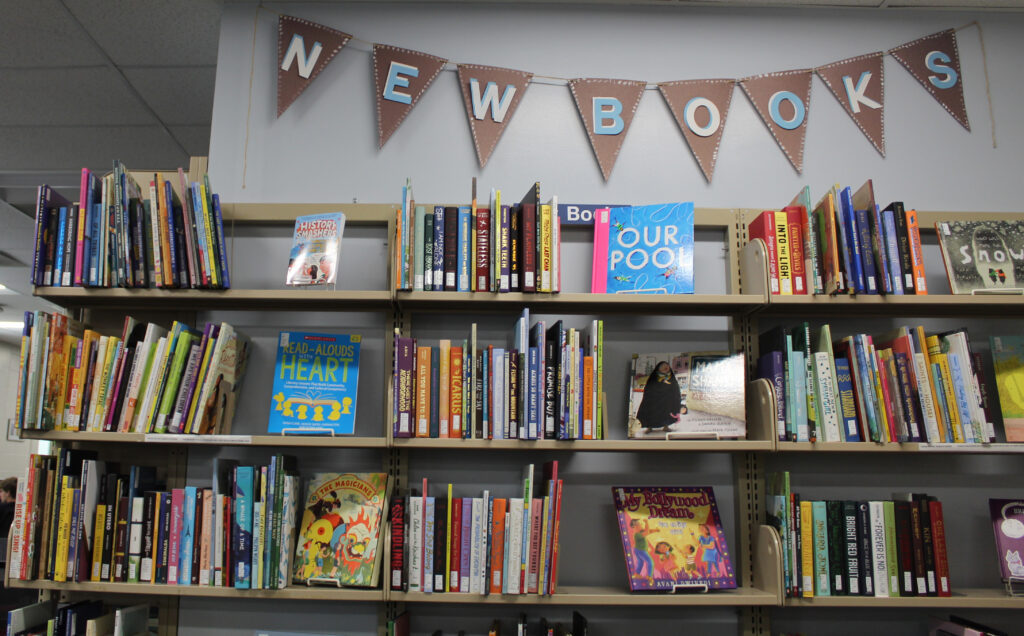
Researchers have found that the surge of technology, including iPads, Promethean Boards, computers, and online math and literacy games, is impacting students beyond just their academic performance.
“We were one of the lowest performing schools in Nevada, so we got additional funding from the state,” said Christina Novelli, a special education doctoral student and seven-year elementary education teacher on the West Coast. “So all of that funding went to buying technology. It didn’t go to professional development. It didn’t go to looking or hiring and training more staff.”
This was the conclusion of a master’s thesis written by Mark Loeffler of The Dominican University of California also asserts that the use of technology in the classroom hinders students’ ability to focus during lessons.
With more technology both in her classroom and at home, the students learn to “focus on all these loud noises and action in their video games” and show difficulty focusing on instruction that is less exciting or stimulating, according to Novelli.
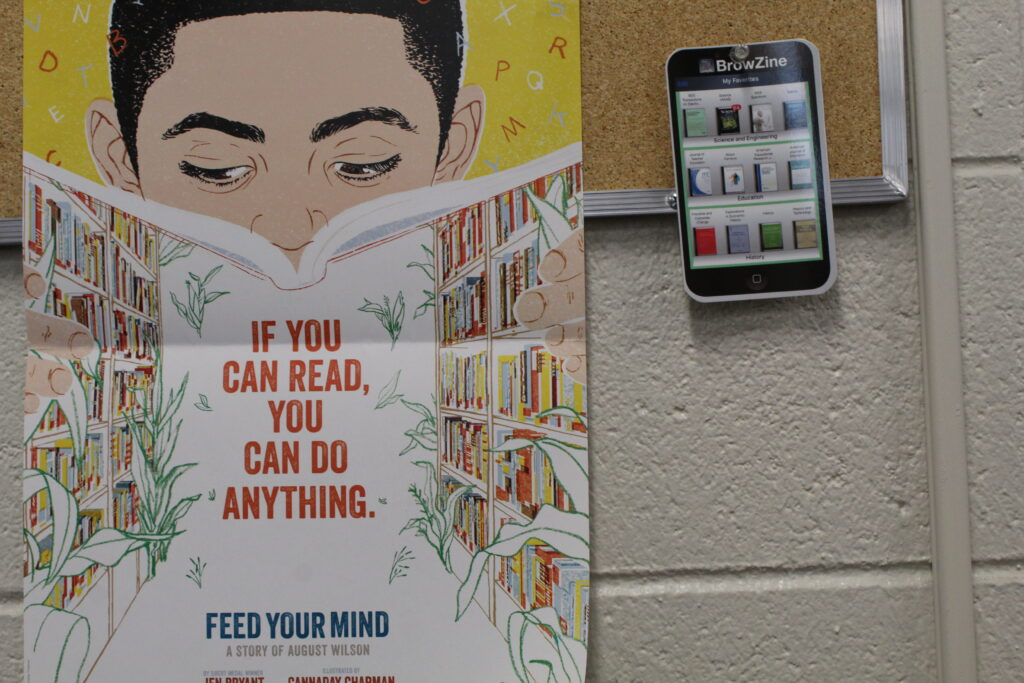
Amy Pulliam, an award-winning children’s author and teacher for 25 years, who taught in two Georgia counties, noticed a shift in her authority as a teacher between primary and secondary school primarily due to the introduction of phones in the classroom.
“If you can teach the kids to use [technology] as a tool,” she said, “that’s important because it’s going to be a tool in their lives. But then you have the problem of how do you police it?”
“A lot of my lifestyle stuff has to do with technology, it seems like the way you do most things now,” said Lola Murti, a senior journalism student from Manhattan.
Murti recalls how she grew up watching television during breakfast as a “normal part” of family life, an early indicator of how technology would be integrated into her everyday activities. Though, it never fully replaced her more traditional habits of taking notes by hand.
Research
A 2014 study conducted by ScienceDirect reported students using laptops in the classroom were only on task 37% of the time. The rest of the time was spent either on social media or doing something unrelated to the classwork. More recent ScienceDirect research expanding on these findings found students scored higher on final tests when laptop use was restricted in the classroom.
The pervasive use of technology in the classroom not only affects the students themselves, but also their peers.
When you’re distracted, it distracts people around you,” Murti said.
Athens resident and mother of two, Mara Zeichner, focuses on the positives of technology in her household, though she has been intentional about how and when it’s introduced to her children.
“My hope is that my kids don’t ever say I’m bored — that they’re able to go pick out a book or something to keep themselves entertained,” Zeichner said, explaining why she was against introducing screens until her children turned 2 year old.
“The only time we let [our oldest son] sit on the couch and stare at a screen is during ‘family time,’” Zeichner said. “The more we’ve introduced it to him as a tool, the more he asks for it.”
Impact
A 2020 study by the National Library of Medicine revealed that children ages 8-9 perform up to 12 points lower in reading at ages 10-11 if they watch more than two hours of television daily. Researchers in this study caution parents, teachers, and clinicians “to consider the type and timing of media exposure [when] developing media plans.”
Novelli believes digital devices diminish a student’s innate need to interact with the world.
“As humans, we need to socialize,” she says.
Novelli maintains that students conversing with both their teachers and peers is essential in developing positive social behaviors.

Looking Forward
Longtime Athens resident and mother of three, Natalie Keadle implements “screen time rules” for her family.
“They can earn as much as they want but they can only use so much,” Keadle said.
Using “screen time rules” helps Keadle and her husband balance the amount of time her children spend playing outdoors and time spent behind screens.
Gabriela Lefkovits and Rachel Sandstrom are journalism majors at the University of Georgia.


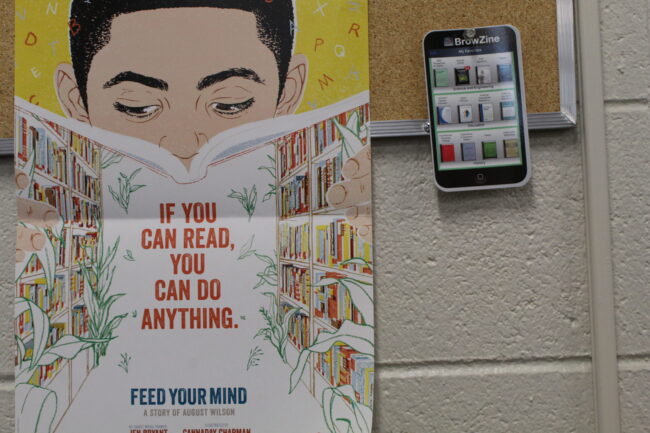



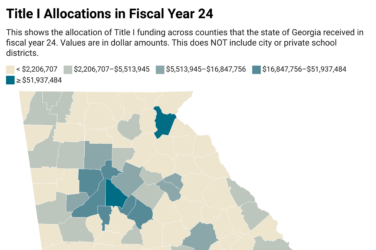
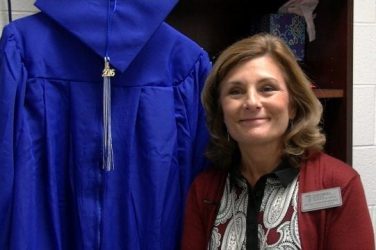

Show Comments (0)